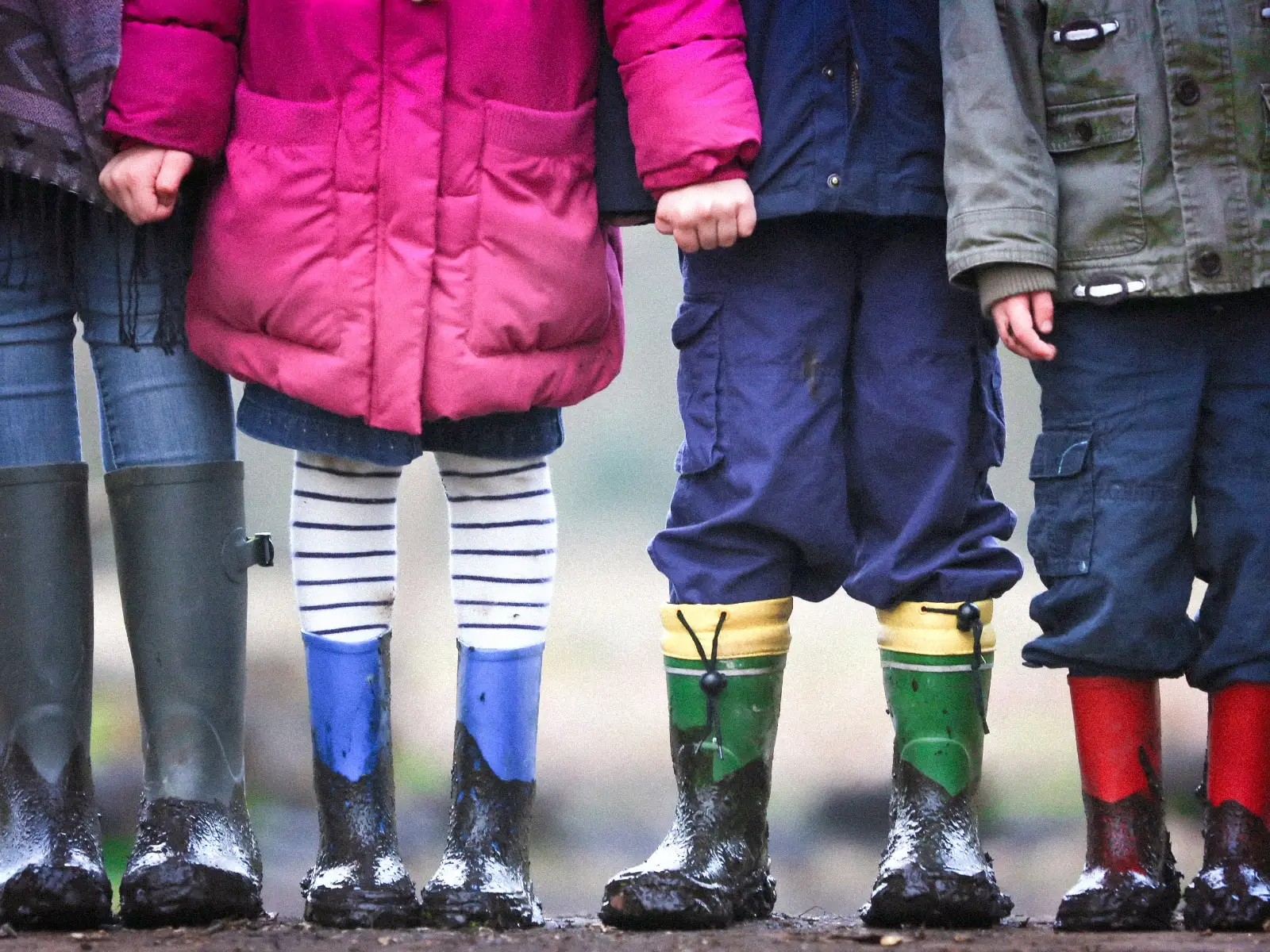Share Content
Article Link Copied
20 years of research at the highest level

The Jacobs Center for Productive Youth Development: Result of the trusted partnership between the University of Zurich and the Jacobs Foundation
In 2003, almost exactly 20 years ago, a groundbreaking idea was born between the then President of the University of Zurich (UZH), Hans Weder, and the entrepreneur and benefactor Klaus J. Jacobs: the establishment of an interdisciplinary research center at UZH, to promote research in the field of child and youth development at the highest scientific level: The Jacobs Center for Productive Youth Development.
The fact that UZH consistently conducts top-tier research was already well-established. However, what set this moment apart was something else: the founding agreement stipulated that “the annual budgeted ordinary resources required for the Jacobs Center (…) shall be provided in equal parts by the Jacobs Foundation and the University. The contributions of the Jacobs Foundation consist of cash (…) the contributions of the University consist of making available the human, spatial, administrative, and financial resources.”
This collaboration made the new center one of the first public-private partnerships in the Swiss higher education sector, with the Jacobs Foundation contributing a total of CHF 10 million to establish the new center. Under the leadership of its founding director, sociologist Marlis Buchmann, the Jacobs Center was able to launch groundbreaking projects such as COCON, which continues to provide crucial information on the lives of young people in Switzerland to this day.
Ten years ago – the “new” Jacobs Center is Created
In the year 2013, exactly a decade later, and coinciding with the retirement of Marlis Buchmann, the University of Zurich and the Jacobs Foundation decided to take their collaboration to a new level: The Jacobs Center was re-established with the goal of a “comprehensive understanding of productive child and adolescent development.” It was clear to all parties involved that achieving this goal with the available resources was impossible. And so, on January 13, 2014, Otfried Jarren for the University of Zurich and Christian Jacobs for the Jacobs Foundation signed a new contract: the budget was tripled to 3.5 M CHF per year – CHF 70 M until 2035. Nine professorships were designated across the fields of psychology, sociology, and economics to the “recording and investigation of the behavioral, biological, and social factors underlying the development of children and adolescents.” Sociologist Michael Shanahan of the University of North Carolina was appointed as the new director, serving in this leadership position until 2021.
Today, the Jacobs Center, led by psychologist Moritz Daum, is dedicated to interdisciplinary and collaborative research in the field of human development. The transition from childhood to adolescence and adulthood presents individuals with various challenges. The Jacobs Center addresses these challenges in its research agenda. As an innovative, collaborative, interdisciplinary, and international research institution, it conducts theory-based empirical research that considers individual, institutional, and societal influences.
The “new” Jacobs Center was designed to explore child and youth development through the lenses of psychology, sociology, and economics. However, gaining a comprehensive understanding of child and youth development, associated with health and disease, requires various levels of investigation across different methodologies and disciplines. The Jacobs Center research and collaborations involve researchers from multiple fields, including (but not limited to) Education Science, Pediatrics, Neuroscience, Psychiatry, Epidemiology, Molecular Biology, Immunology, Demography, Statistics, and Gerontology. As a result, the research adopts an extensive range of methodological orientations, including educational approaches, clinical research, and biological and neuroscientific investigations in the context of cross-sectional, longitudinal, randomized-controlled, retrospective, and prospective designs.
The research focus of the over 50 researchers working at the center include the study of the influence of families, schools, and society on the development of children and adolescents, mental and physical health problems during early life stages, the development of cognitive mechanisms related to language acquisition, or the promotion of organizational skills for learning. Projects of the Center, such as z-proso, now funded by the SNF as a nationally relevant research infrastructure project, have evolved into internationally recognized research projects.
The vision of Hans Weder and Klaus J. Jacobs – research in child and youth development at the highest international level at the UZH – has become reality. Such a long-standing, trusting partnership between a sponsor and a university is a remarkable achievement and cannot be taken for granted.